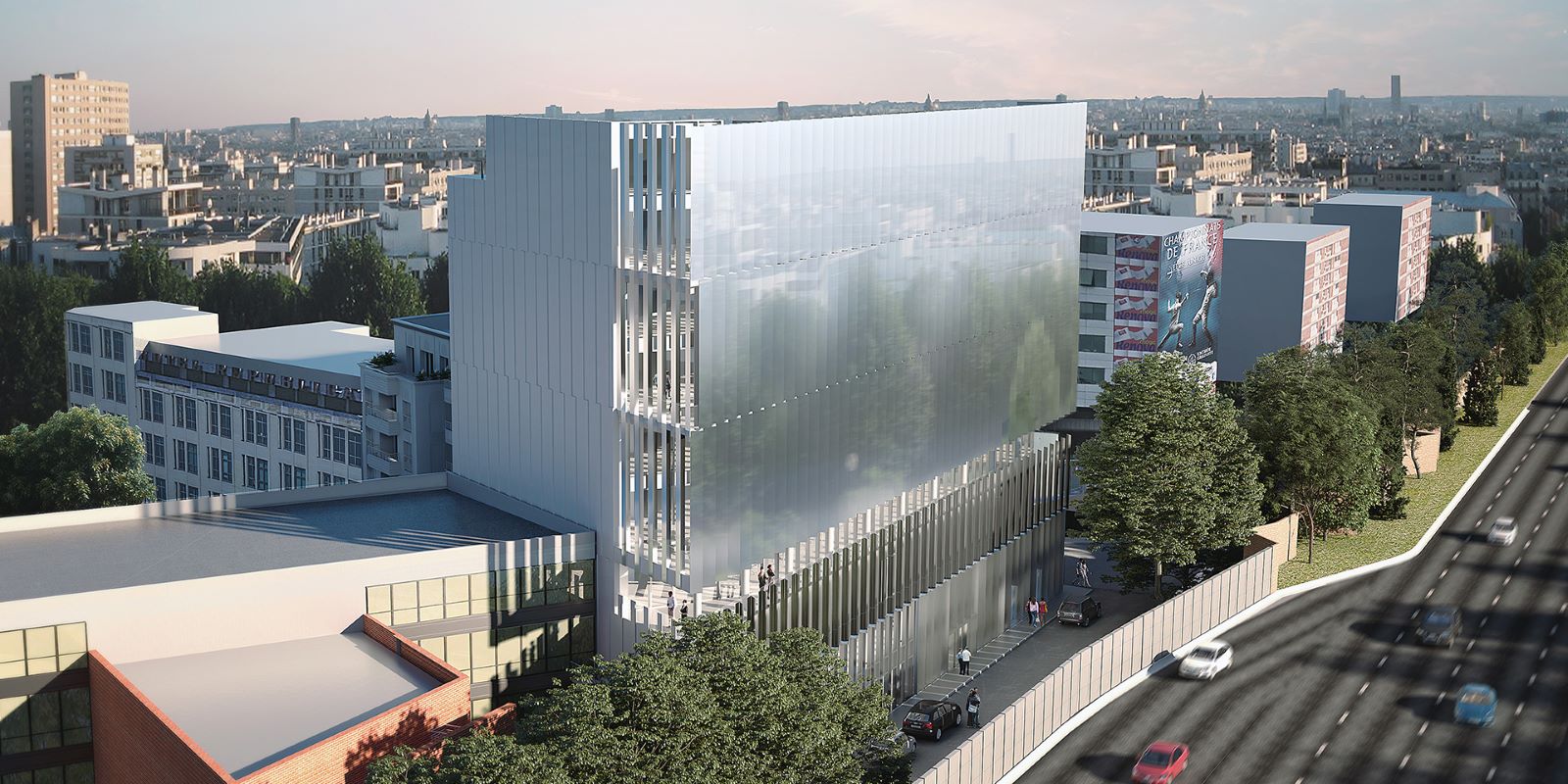Innovation
What impact does this have on real estate?
As historical trends intensify, the real estate sector is reinventing itself and seizing the opportunities offered by tomorrow’s world. Tenants and their complex needs are central to these transformations.
(1) Morisson, Arnault (2018). “A Typology of Places in the Knowledge Economy: Towards the Fourth Place”. New Metropolitan Perspectives. Smart Innovation, Systems and Technologies.
Ageing of the population
- A new residential path : an approach driven by the cycle of life.
Technologies
- Promoting innovative solutions to enrich the service experience of the tenants
MEtropolisation
- An inclusive city, a city where uses mix, where needs and know-how overlap, where talents and hard work converge.
fighting against global warming
- Less yet better : the path to a low carbon real restate
Primonial REIM’s innovative mindset

Innovation is central to Primonial REIM's operating methods.
A multi-disciplinary new use committee
We have created a New Use Committee whose aim is to anticipate the main future real estate trends and integrate them in our offering. This multi-disciplinary committee brings together Primonial REIM’s various areas of expertise and third-party stakeholders and is chaired by Primonial REIM’s Chairman, Laurent Fléchet.
It meets once a month, hears from numerous PropTech companies and works on themes such as blockchain in real estate, the future of coworking, the optimisation of energy consumption, the modernisation of leases, flexible ownership, the internet of things and smart buildings.
It meets once a month, hears from numerous PropTech companies and works on themes such as blockchain in real estate, the future of coworking, the optimisation of energy consumption, the modernisation of leases, flexible ownership, the internet of things and smart buildings.
Strategic partnerships with PropTech companies
We are also establishing partnerships with PropTech players, to integrate technological changes entailing new ways of understanding real estate, and to accelerate the digitalisation of our operational processes to improve our performance.
A Research & Strategy department to analyse megatrends and participate in discussion groups on the future of real estate
Our Research & Strategy department produces macro- and micro-economic analyses and research reports on the demographic and societal trends that are affecting the real estate markets.
Read our research report on new uses of offices, etc.
Read our research report on new uses of offices, etc.
Let’s change real estate together
Are you a PropTech company specialised in data processing for the benefit of clients and the user experience? Do you offer digital solutions as a way of improving processes, operational efficiency and the client experience within buildings, maximising the use of spaces and responding to ESG issues? Through our continuous improvement and adaptability process for our real estate offering we aim to integrate innovations in the value that we create, particularly by working with an ecosystem of partners.
Contact us
Do you have a question?
Complete the form opposite and we will reply as soon as possible.
Complete the form opposite and we will reply as soon as possible.




 et Firefox
et Firefox 